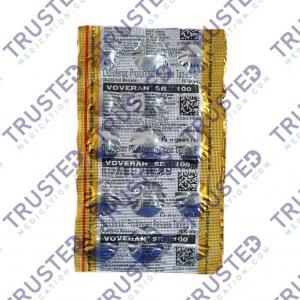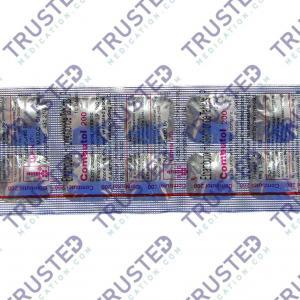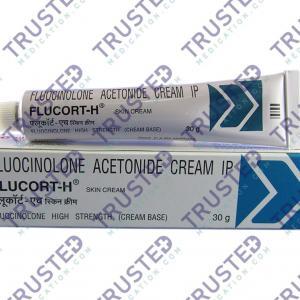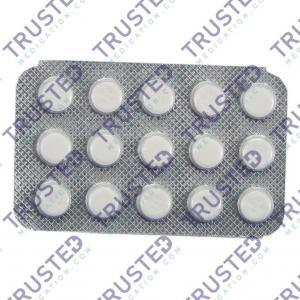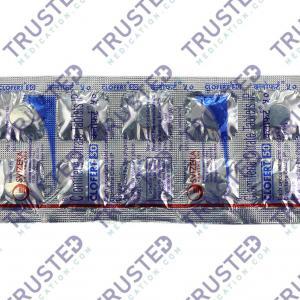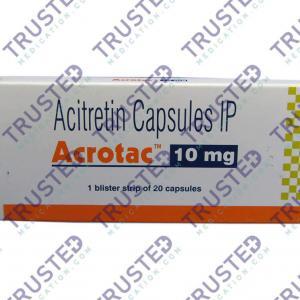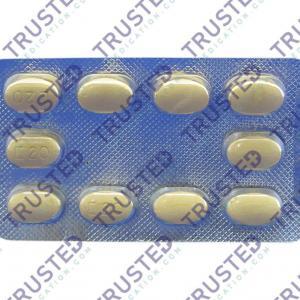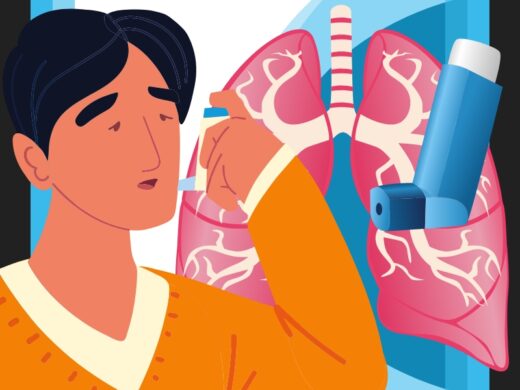
Even though we cannot cure asthma, we can control it. Everyone’s asthma is different, so you and your doctor must create an asthma treatment plan. There are asthma medicines that target the symptoms. They open your airways and make it easier to breathe.
What Are The Different Kinds Of Asthma Medication?
You use these medications to ease asthma symptoms. They relax the muscles that tighten around your airways. It helps open them up so you can breathe easier. See your doctor if you use this medication more than two days a week.
- Short-acting beta-agonists are the first choice for quick relief of asthma symptoms.
- Anticholinergics lessen mucus in addition to opening your airways. They take longer to work than short-acting beta-agonists.
- Oral corticosteroids lower the swelling in your airways.
- Combination quick-relief medicines have both an anticholinergic and a short-acting beta-agonist.
Preventive and long-term medications:
These treat symptoms and prevent asthma attacks. They reduce swelling and mucus in your airways, making them less sensitive and less likely to react to asthma triggers.
- Inhaled corticosteroids are the most effective long-term control medicines. These aren’t the same as anabolic steroids that people use to grow muscle.
- Inhaled long-acting beta-agonists open your airways by relaxing the smooth muscles around them. You’ll take this medication along with an inhaled corticosteroid.
- Combination inhaled medicines have an inhaled corticosteroid along with a long-acting beta-agonist. It is an easy way to take them together.
- Biologics target a cell or protein in your body to prevent airway inflammation. These may be shots or infusions you get every few weeks. They can be expensive, so you usually get them if other medications don’t work.
- Leukotriene modifiers relax the smooth muscles around your airways and ease swelling. You can take them as pills or liquids.
- Cromolyn prevents your airways from swelling when they come into contact with an asthma trigger. It’s a non-steroid medicine that comes in an inhaler.
- Theophylline relaxes the smooth muscles that narrow your airways. It comes as a tablet, capsule, solution, or syrup.
- Tezepelumab-ekko injection is a first-in-class medicine indicated for the add-on maintenance treatment of adult and pediatric patients aged 12 years and older.
- Long-acting bronchodilators. You might use it along with corticosteroids if you have ongoing asthma symptoms even though you take a daily inhaled steroid. Never use long-acting bronchodilators alone as a long-term asthma treatment.
- Corticosteroids. If no other medicine can get your asthma attacks under control, your doctor might have you take these medications for a couple of weeks. They come in pills or liquids.
Highly recommended asthma medication:
- Beclomethasone Dipropionate – this is a prescription medication for asthma and allergic rhinitis. It is a synthetic glucocorticoid with anti-inflammatory properties. Beclomethasone Dipropionate is a first-line therapy for chronic asthma. This medicine exactly targets the lungs for treatment. It avoids constriction and clears the airways.
What Are The Benefits Of Asthma Medication?
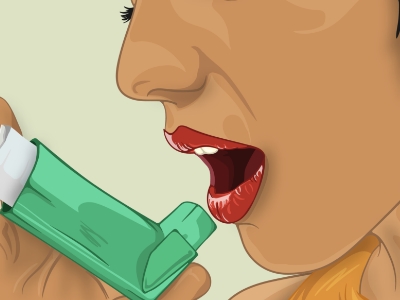
If you have asthma, you know that inflammation causes the inner lining of your airways to swell and produce mucus. This inflammation makes the airways more sensitive to certain asthma triggers that cause asthma attacks. Because of this, anti-inflammatory medications are one of the most important treatment options for people with asthma. They help to stop the process that leads to asthma attacks.
Asthma medications you can take to reduce airway swelling and mucus production. The benefits of using these medicines include:
- Fewer symptoms and asthma flare-ups
- Decreased use of a short-acting beta-agonist inhaler
- Improved lung function
- Fewer emergency room visits and hospitalizations
- Better asthma control
It is important to remember that inhaled steroids prevent symptoms, but they don’t relieve symptoms. They must be taken daily and shouldn’t be stopped or decreased unless you’ve discussed this with your asthma care provider.
Healthcare providers prescribe treatments effective in disease control. They also want treatments that are convenient for patients’ needs and lifestyles. You should be part of the decision process. Discuss with your healthcare provider your needs and lifestyle.
What Are Its Side Effects?


